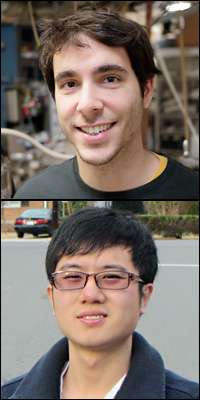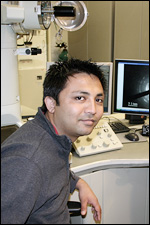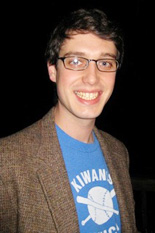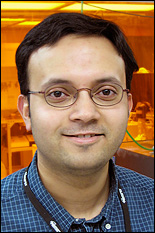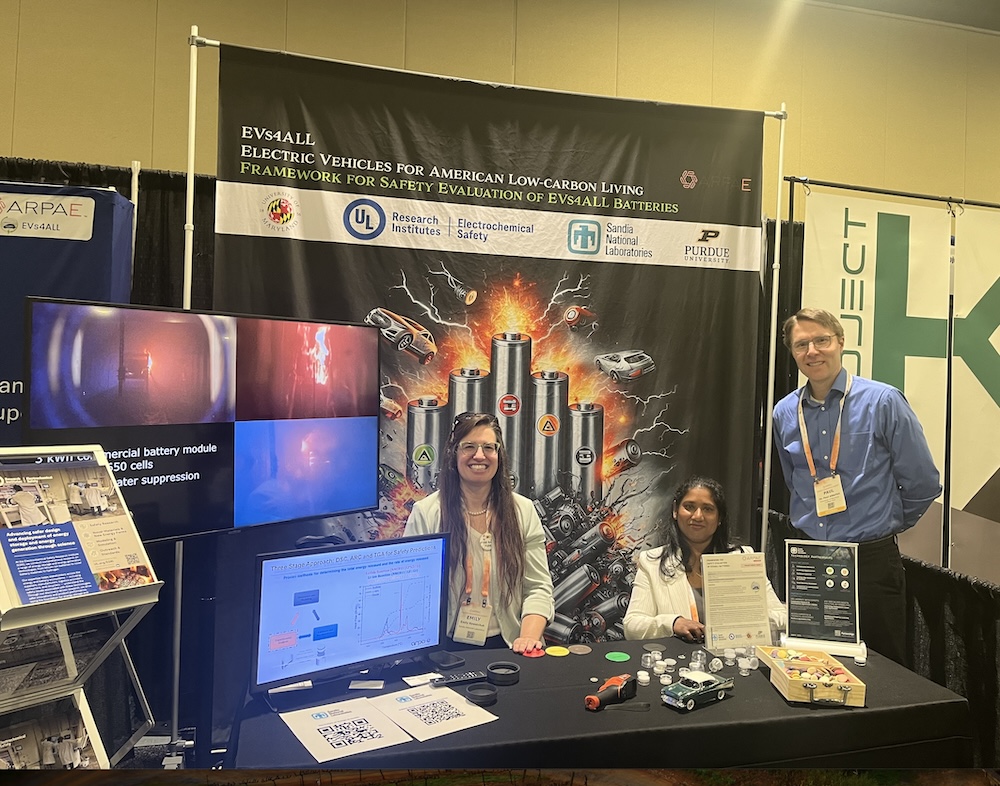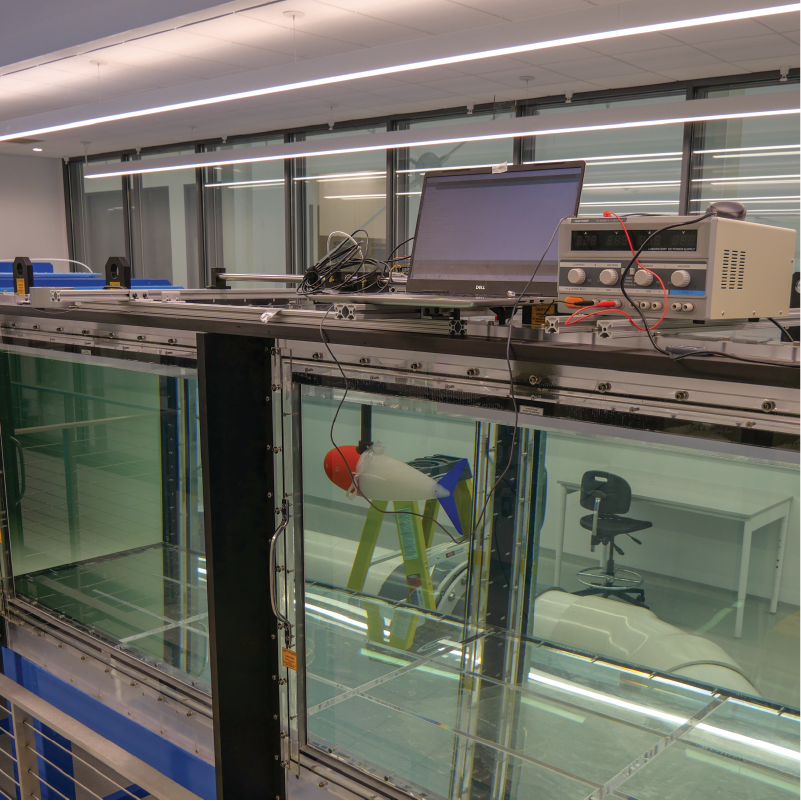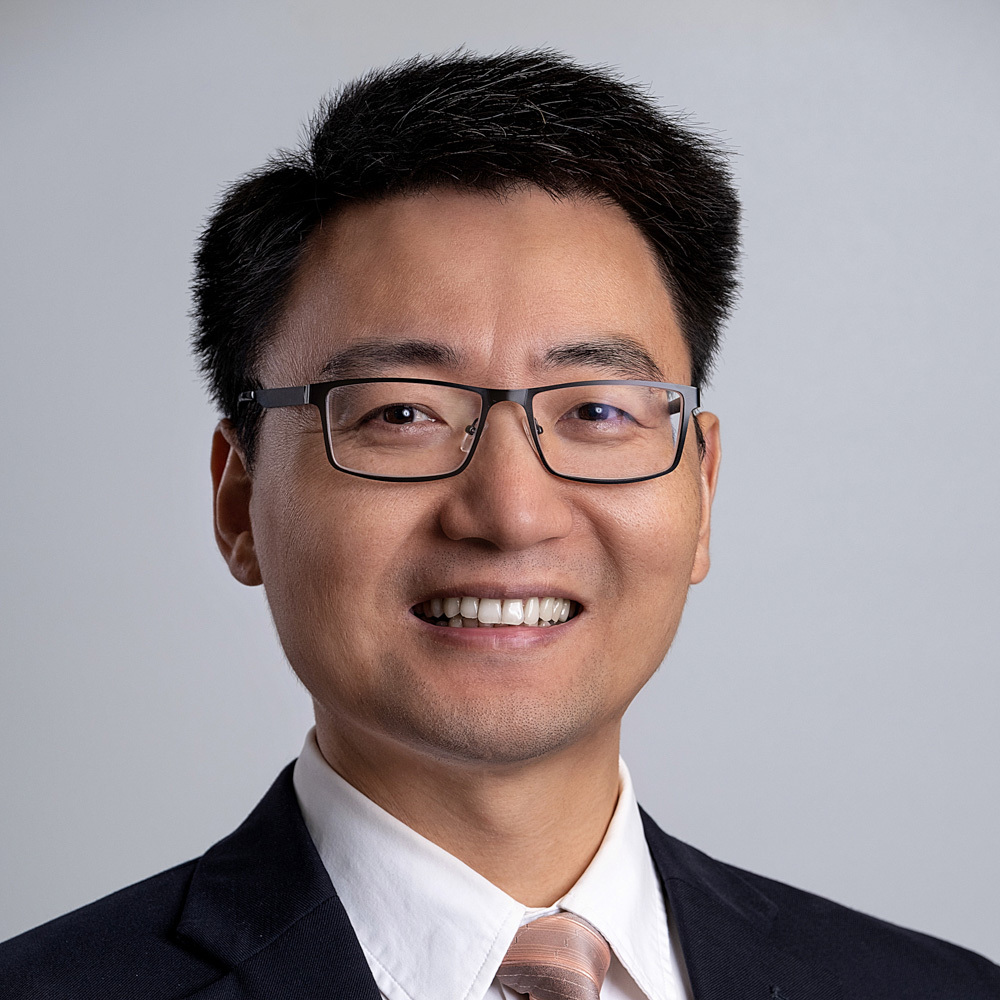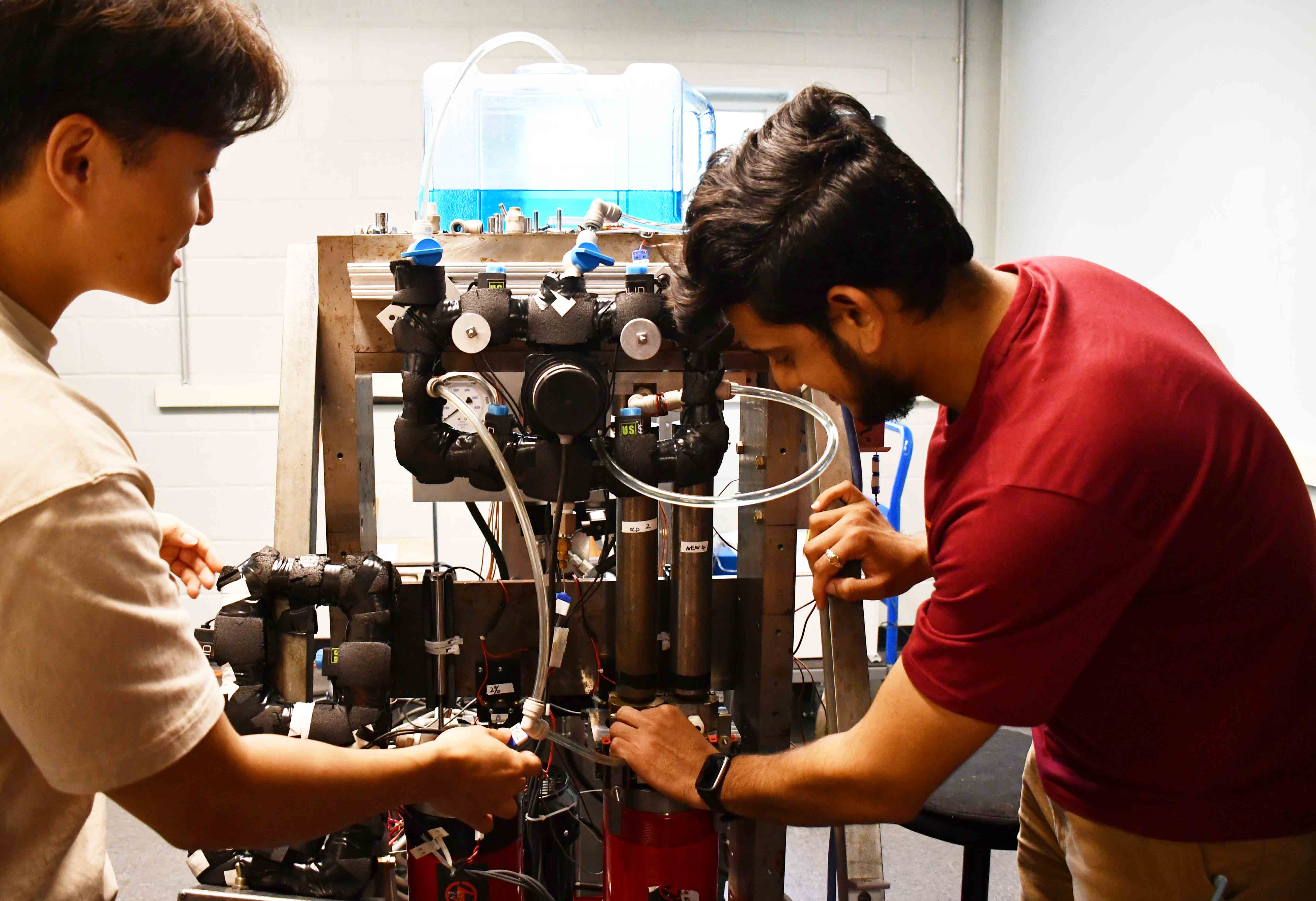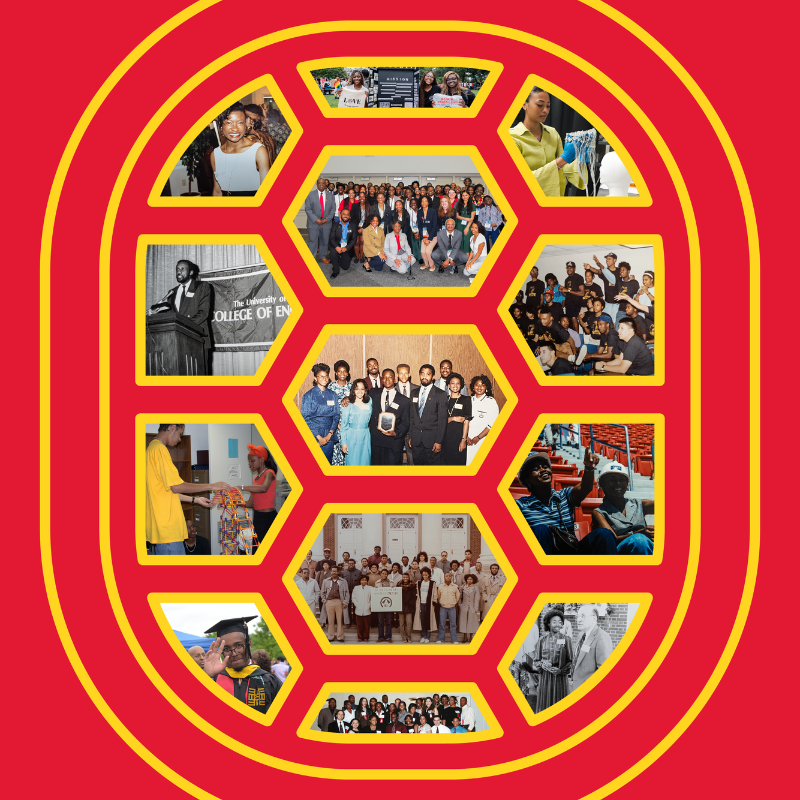News Story
Bradberry, Gifford, and Janiak Selected for Future Faculty Program
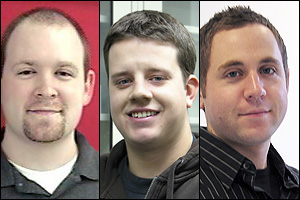
Left to right: Bradberry, Gifford, and Janiak.
The Future Faculty Program (FFP), launched this year, was created to prepare students for academic careers in top-50 engineering schools. The program includes seminars, a teaching practicum, and a research mentoring practicum.
Janiak explained his interest in becoming a professor: "It gives you the opportunity to do your own research—I don't think you have that kind of freedom in industry. I hope [the FFP] leaves me better prepared to get a job as a faculty member...I'm hoping it gives me some advantage, because it's so competitive."
Bradberry had similar thoughts: "What has pulled me the most to an academic career is the freedom to create, to imagine that which has never been done and to engineer it into existence without the boundaries sometimes present in private industry. I look forward to acquiring skills in the Future Faculty Program that will greatly aid me in obtaining and succeeding in a tenure-track faculty position in a top engineering school."
The initial noncredit component of the program was open to all graduate students interested in a career in academia. It introduced them to faculty "role models" who discussed why they chose a career in academia, how they secured tenure-track positions, and how they have achieved success.
Students who wished to stay with the program were required to apply. After a competitive selection process 20 students, including at least one representative from each of the Clark School's departments, were chosen to be Future Faculty Fellows. Fellows are awarded a supplemental fellowship, in addition to any teaching or research assistantships they may already have. Half of the funds are reserved for travel to professional conferences.
During the second, third, and fourth semesters of the program, Future Faculty Fellows attend seminars on topics such as technical writing, oral presentations, creating syllabi and curriculum, teaching and learning styles, identifying research areas, writing grants, and interviewing for faculty positions. Each Fellow is also paired with a senior faculty with whom they will teach a course and supervise an undergraduate research project, and from whom they will receive mentoring and career counseling.
Published January 26, 2007
